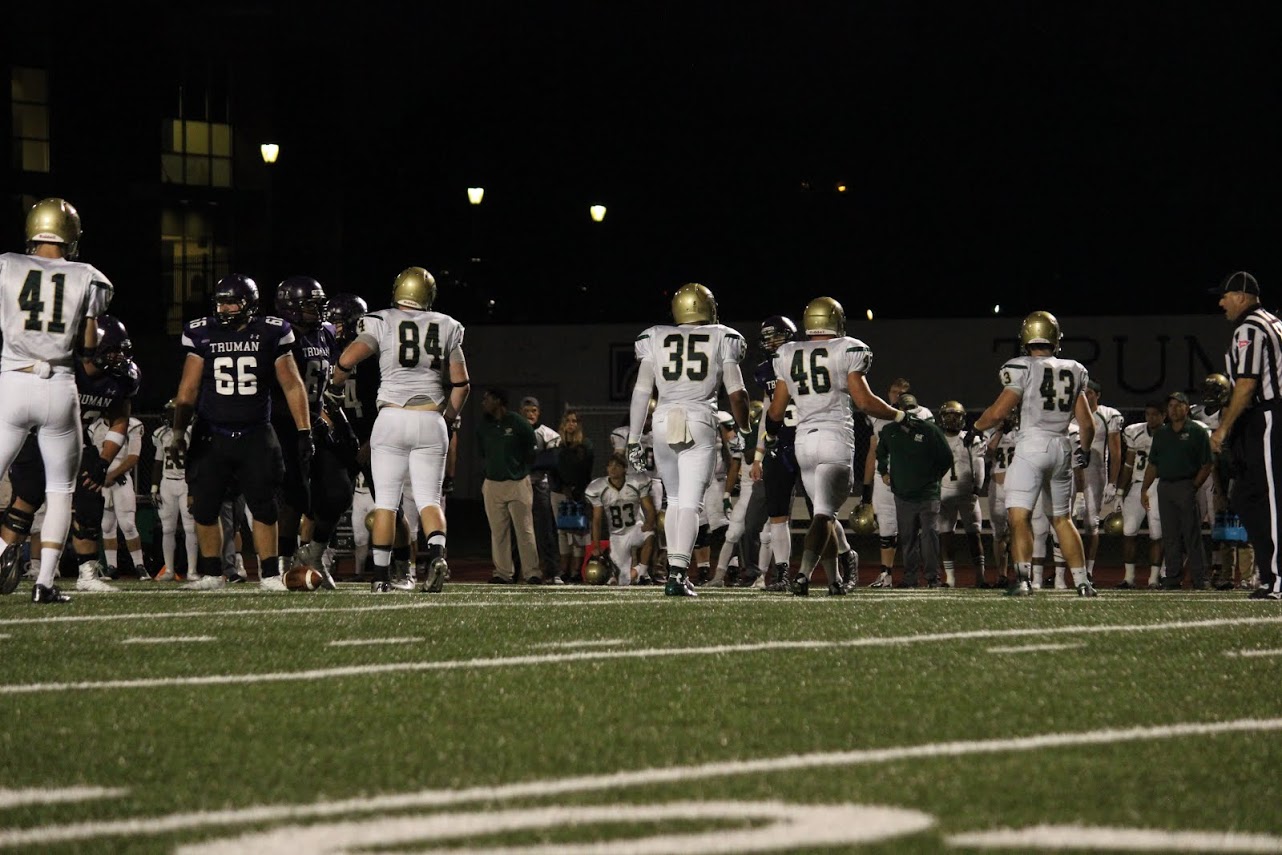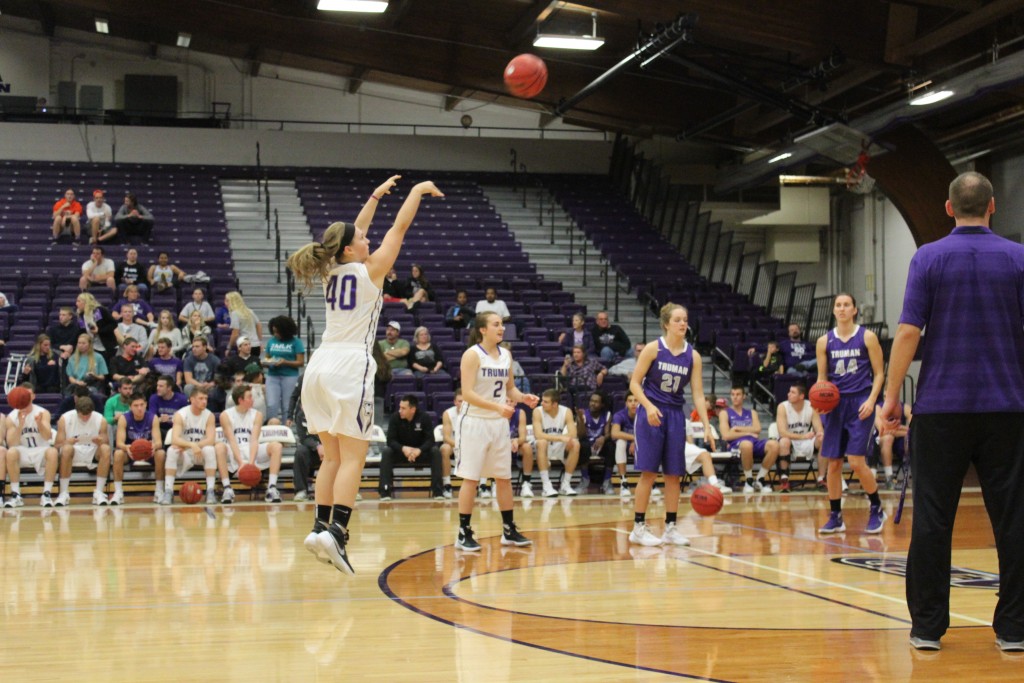
Truman State’s Student Athlete Advisory Committee recently conducted a meeting to review new rule changes proposed by the NCAA. In the SAAC, student athletes representing each sport voice their opinions about a variety of proposed alterations, ranging from how many credit hours a student needs each semester to restrictions of teams’ training regimens. At the meeting, representatives from every varsity team on campus weighed the pros and cons of the proposals before deciding whether or not they wanted a change.
Many minor rule changes were discussed, and the committee approved several important changes. The SAAC approved the NCAA’s plans to allow up to two more contests per season for volleyball, baseball and softball. This has additional impact for baseball and softball because their outdoor games occasionally are rained out. The committee also approved the proposal to increase each athlete’s credit hour requirement for every semester to nine. Currently, athletes are required to earn six credit hours a semester, but if more universities agree with Truman and approve of the change, the NCAA requirement will be increased to nine credit hours.
 Linda Anderson, Truman’s associate athletic director, says the rules mainly are being proposed to help student athletes have a better experience by giving them more time to practice or through mandating they distribute their time evenly between sports and studies. Anderson says one of the items discussed — changing the date basketball teams can begin practice from Oct. 15 to Oct. 1 — would be great for Truman athletics.
Linda Anderson, Truman’s associate athletic director, says the rules mainly are being proposed to help student athletes have a better experience by giving them more time to practice or through mandating they distribute their time evenly between sports and studies. Anderson says one of the items discussed — changing the date basketball teams can begin practice from Oct. 15 to Oct. 1 — would be great for Truman athletics.
However, Anderson says she foresees a few problems some of the changes could bring to Truman. At the moment, all teams do not need to have designated strength and conditioning coaches specially certified by the NCAA, but the amendments proposed by the NCAA would change that. Although she says specialized coaches used in conjunction with the teams’ head coaches would be useful for distributing work, Anderson says Truman doesn’t have these certified coaches at the moment. Anderson says even if Truman were able to get a coach certified, it would limit coaches in training, and teams would be unable to have separate weightlifting programs and practices with lifting weights included. She says teams would have to make a lot of changes in their routines.
Anderson says during the past, athletes who competed in sports while studying abroad during the first semester were disqualified from participating with their home team during the postseason during the second semester. Although this would hardly affect team sports such as football and baseball, Anderson says it would have a significant effect on individual, internationally prevalent sports such as swimming and wrestling.
Anderson says the entire process of changing the NCAA rules will take a significant amount of time before new rules are implemented at schools nationwide. She says the proposals must be voted on and submitted to the NCAA before June and to be passed, a proposal must have the majority of support from two conferences. Anderson says the approved changes then go before the champions committee, the president’s committee and the management committee. The changes reach the committees during the summer, at which point committees review and sometimes propose amendments to the changes. Should the changes pass, they will be given a final review during October and November, and are voted on and ratified the following January. Anderson says if any of the proposals approved by Truman are finalized, it still could be at least a year before these changes are put into action.
For the full story, pick up a copy of the Index or click here to read online on Issuu.
